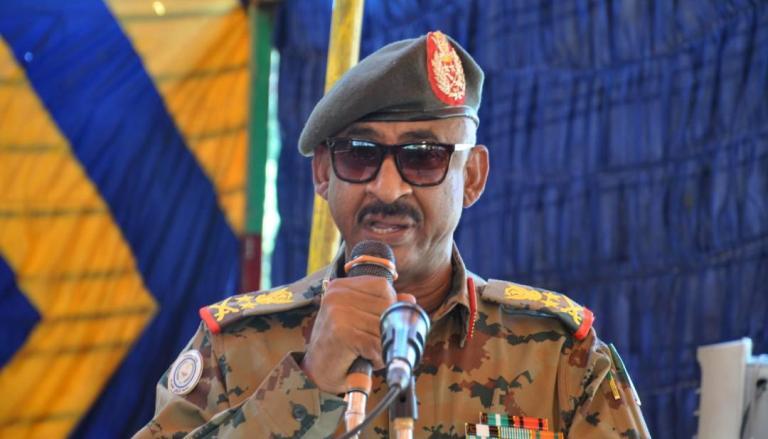Sudan says keen to cooperate with U.S. on counter-terrorism

October 17, 2018 (KHARTOUM) – Sudanese Army’s Chief of General Staff Kamal Abdel-Marouf has renewed his country’s keenness to exert further efforts to promote peace, security and stability in the African continent.
Abdel-Marouf has arrived in Washington last week at the invitation of the Chairperson of Joint Chiefs of Staff of USA, General Joseph Dunford, to participate in a meeting on counter-terrorism organized by the U.S. Army.
On Tuesday, Abdel-Marouf met with Dunford, in the presence of the U.S. Ambassador to the United Nations, Nikki Haley.
He thanked Dunford for extending the invitation to him to participate in the conference, saying it offered a good opportunity to discuss the future of joint cooperation between the two countries.
Abdel-Marouf also pointed to the upcoming second phase of dialogue between Sudan and the U.S., saying his visit to Washington would enhance military diplomacy and political efforts aiming at achieving full normalization of bilateral ties.
He expressed his country’s readiness to activate the joint work with the U.S. particularly on combating terrorism and protecting borders.
For his part, Dunford said Sudan’s participation in the conference was crucial to his country, pointing to Sudan’s regional roles and its geographic location as well as the importance of issues discussed during the conference.
In April 2017, Sudan participated for the first time in the meeting of the United States Africa Command known as “AFRICOM”. At the time, the Sudanese army Chief of General Staff Lt. Gen. Emad al-Din Mustafa Adawi took part in a meeting of AFRICOM chiefs of general staff in Stuttgart, Germany.
On Wednesday 19 September, the U.S. State Department released its report on terrorism which has kept Sudan on the list of states sponsoring terrorism. However, Washington said Khartoum remains a partner in the counter-terrorism.
After the left of economic sanctions on Sudan in October 2017, U.S. Deputy Secretary of State, John Sullivan, was in Khartoum in November of the same year to launch the second phase of the normalization process and pointed to the need for reforms on human rights and religious freedom.
The east African nation was placed on the U.S. terrorism list in 1993 over allegations it was harbouring Islamist militants working against regional and international targets.
(ST)
